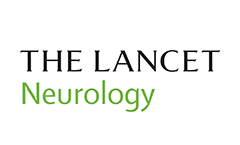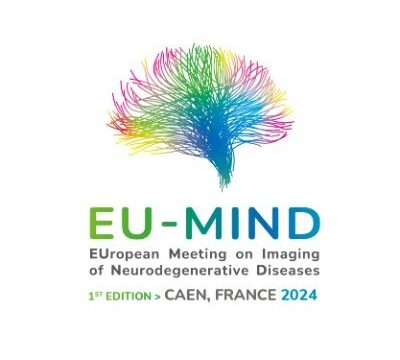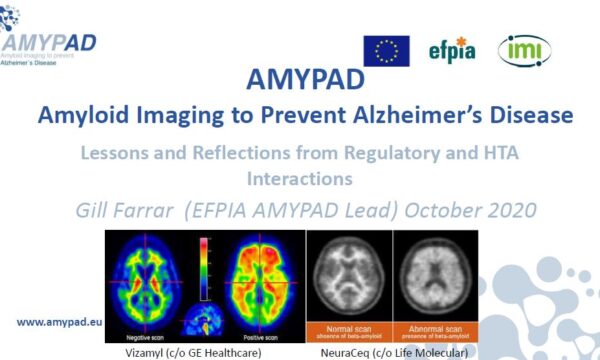What is your current role on AMYPAD?
I have joined the AMYPAD team in October 2018 as a PhD student at the Department of Nuclear Medicine at the University Hospital Cologne. Since December 2019, I work as a Post-Doc at the Institute for Neuroscience and Medicine II at the Research Center Juelich and the Department of Nuclear Medicine in Cologne. My research focus lies on mechanisms that mitigate the detrimental effects of amyloid and tau pathology on cognitive function, thus resilience mechanisms against Alzheimer’s disease. Given my research expertise, I joined AMYPAD to address the role of resilience factors against amyloid pathology and their influence on the clinical diagnosis and progression of Alzheimer’s disease.
What is your overall vision?
Being a member of AMYPAD provides me with the great opportunity to collaborate with talented researchers from all over Europe and test hypotheses in large datasets across institutes and countries. I am certain that this collaborative effort will overall improve diagnostic and prognostic biomarkers for Alzheimer’s disease, which will become even more crucial in the future.
What do you find most challenging about the project?
Even though collaborating with international researchers is a great advantage in terms of addressing research questions in larger data sets, it can also be challenging in terms of bureaucracy such as data transfer agreements. However, from my experience AMYPAD is handling this very well and aims to provide fast solutions.



